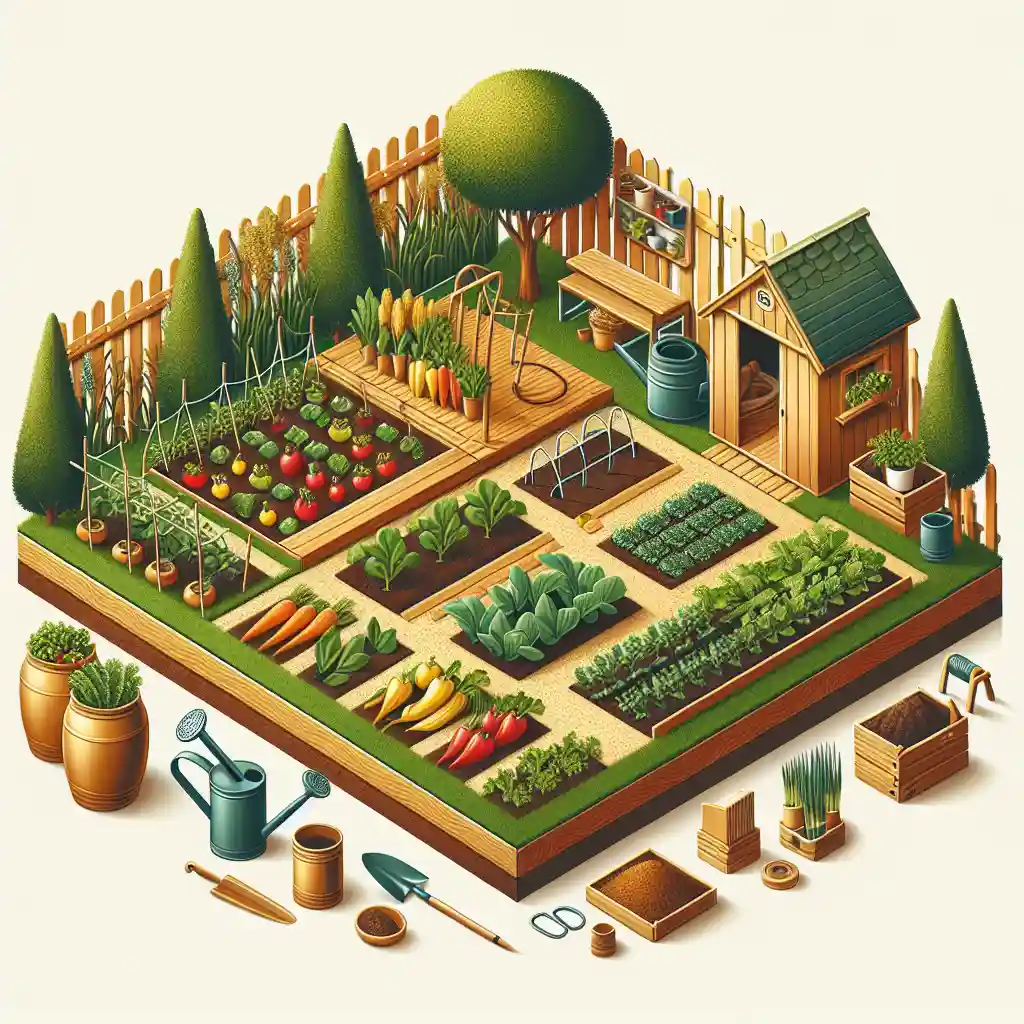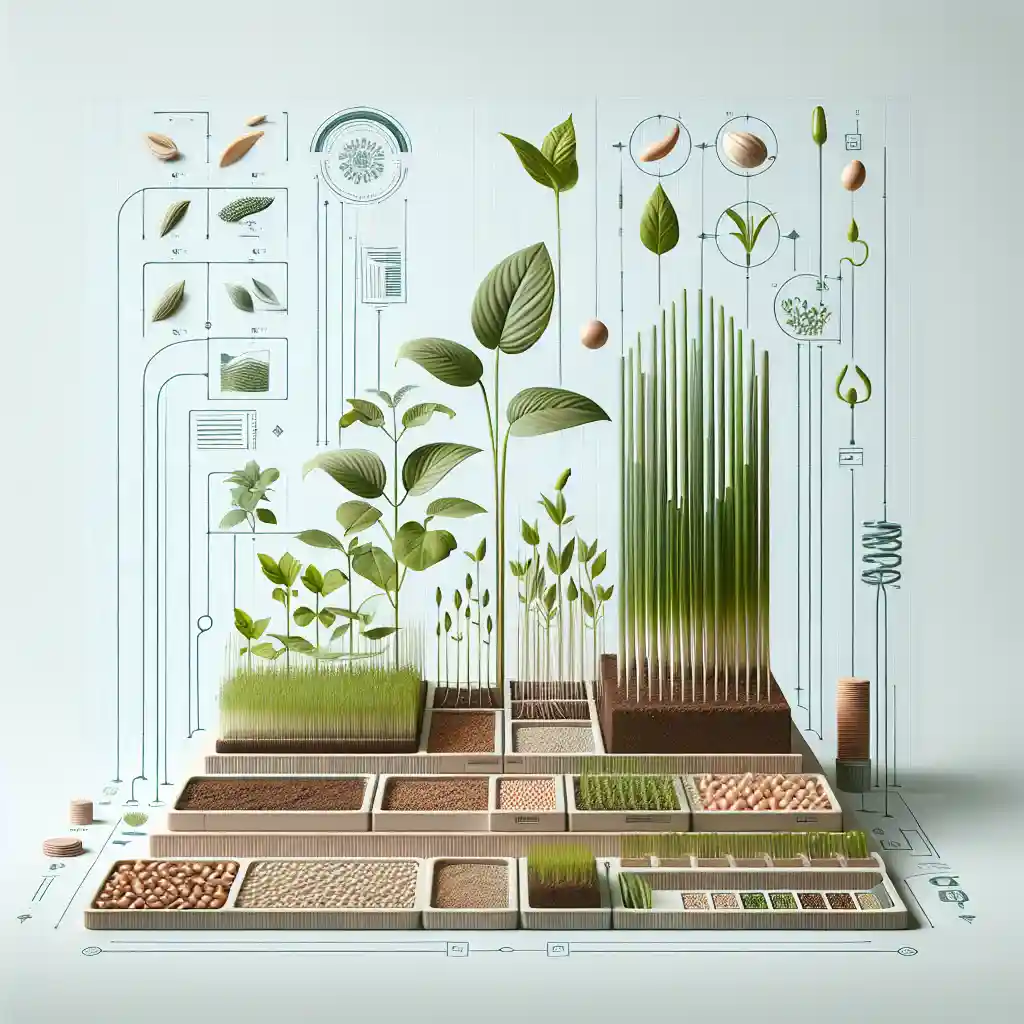Natural Remedies for Garden Pest Control: Effective and Safe Solutions
Gardening is a rewarding activity, but dealing with garden pests can be a real challenge. Fortunately, there are natural remedies that can help you control pests in your garden without resorting to harmful chemicals. In this blog post, we will explore some effective and safe solutions for garden pest control to help you maintain a pest-free garden.

1. Understanding Garden Pest Control
Before delving into natural remedies, it's essential to understand the basics of garden pest control. Identifying common garden pests such as aphids, slugs, and caterpillars is the first step towards effective pest management. By knowing your enemy, you can devise a targeted strategy to keep them at bay.
2. Beneficial Insects: Nature's Pest Control
One of the most effective natural remedies for garden pest control is attracting beneficial insects to your garden. Ladybugs, lacewings, and parasitic wasps are natural predators that feed on common garden pests. By planting flowers such as dill, fennel, and yarrow, you can attract these beneficial insects and create a balanced ecosystem in your garden.
3. Homemade Pest Repellents
Homemade pest repellents made from readily available ingredients can be highly effective in deterring garden pests. Garlic spray, neem oil solution, and chili pepper spray are popular natural remedies that can repel a wide range of pests without harming beneficial insects or plants. These homemade repellents are safe, cost-effective, and easy to make.
4. Companion Planting for Pest Control
Companion planting is a sustainable gardening practice that involves planting certain crops together to improve growth and deter pests. For example, planting marigolds around your tomatoes can help repel nematodes, while growing basil near your peppers can deter aphids. By harnessing the power of companion planting, you can naturally control pests and promote plant health.
5. Physical Barriers and Traps
In addition to natural remedies, physical barriers and traps can be effective in keeping garden pests at bay. Installing row covers to protect vulnerable plants, using barrier tapes to deter crawling insects, and setting up beer traps for slugs are simple yet powerful methods for organic pest control. These physical barriers and traps offer a chemical-free way to manage garden pests effectively.
6. Soil Health and Plant Diversity
Maintaining healthy soil and fostering plant diversity are essential aspects of natural pest control. Healthy, nutrient-rich soil promotes strong plant growth, making them less susceptible to pest attacks. By planting a diverse range of crops, you can confuse pests and reduce the risk of infestations. Incorporating practices such as crop rotation and mulching can further enhance soil health and pest resistance in your garden.
By integrating these natural remedies into your gardening routine, you can effectively control garden pests in a safe and sustainable manner. Embracing organic pest control methods not only protects the environment and beneficial insects but also helps you achieve a thriving, pest-free garden.


















